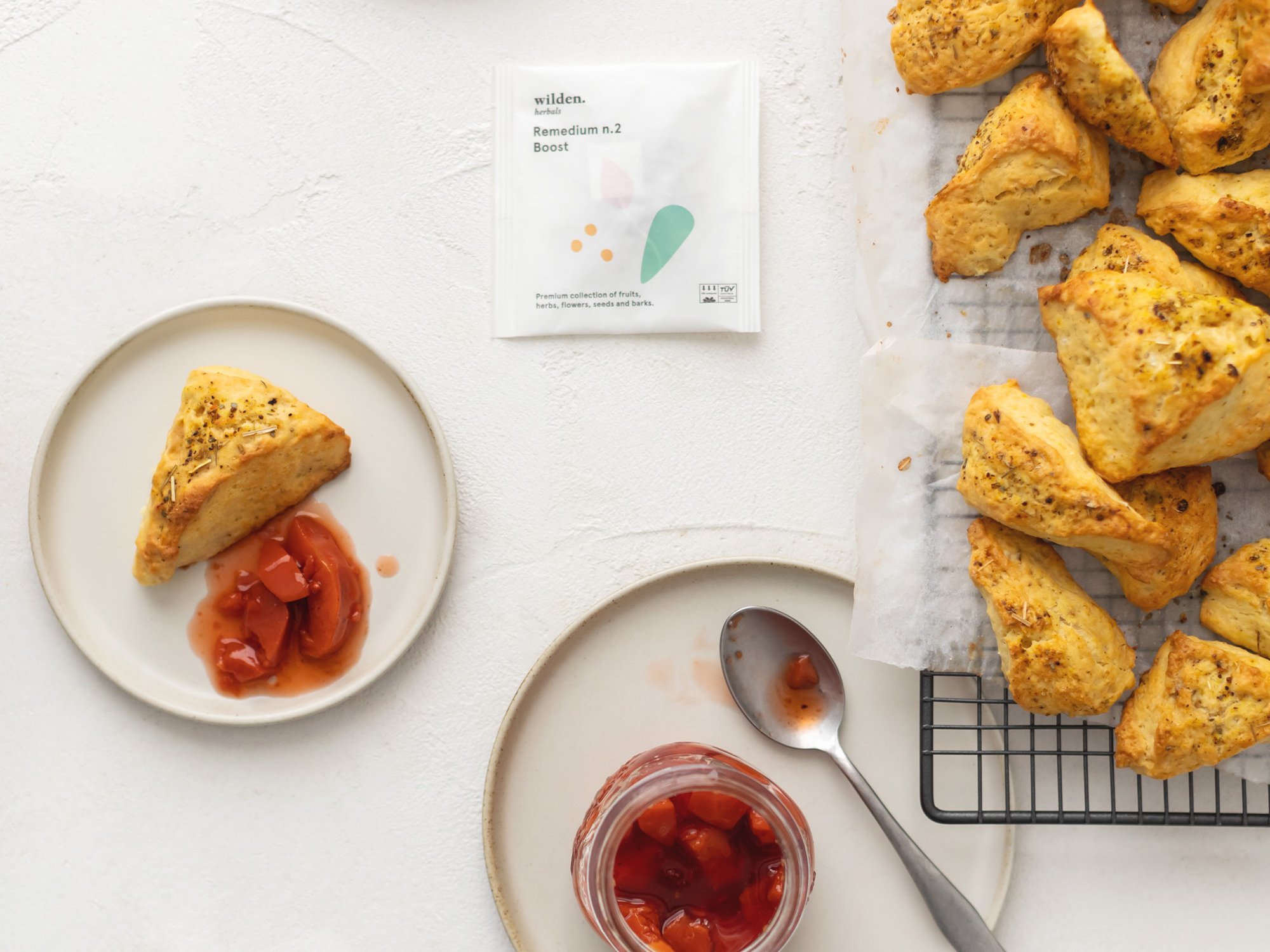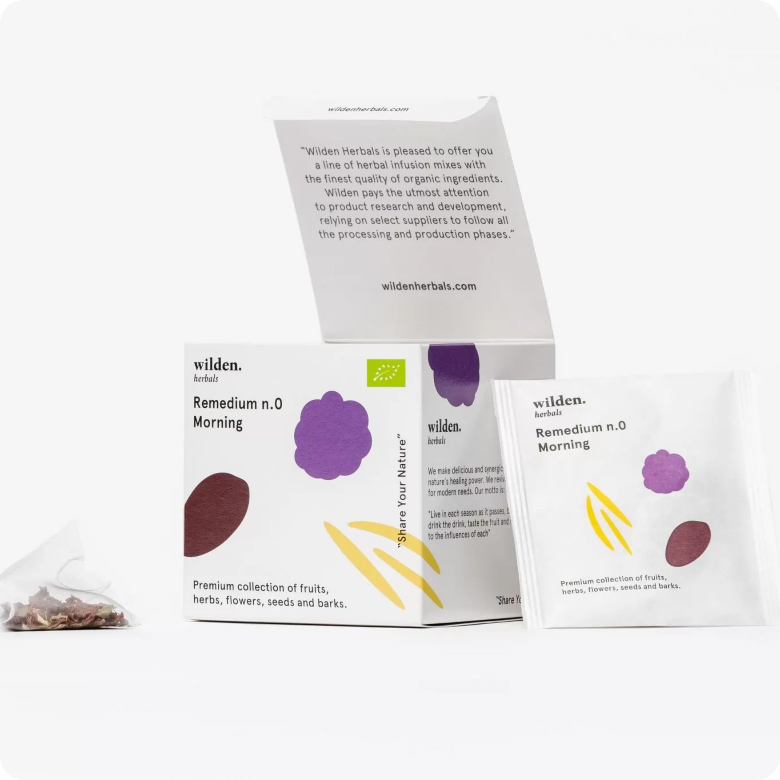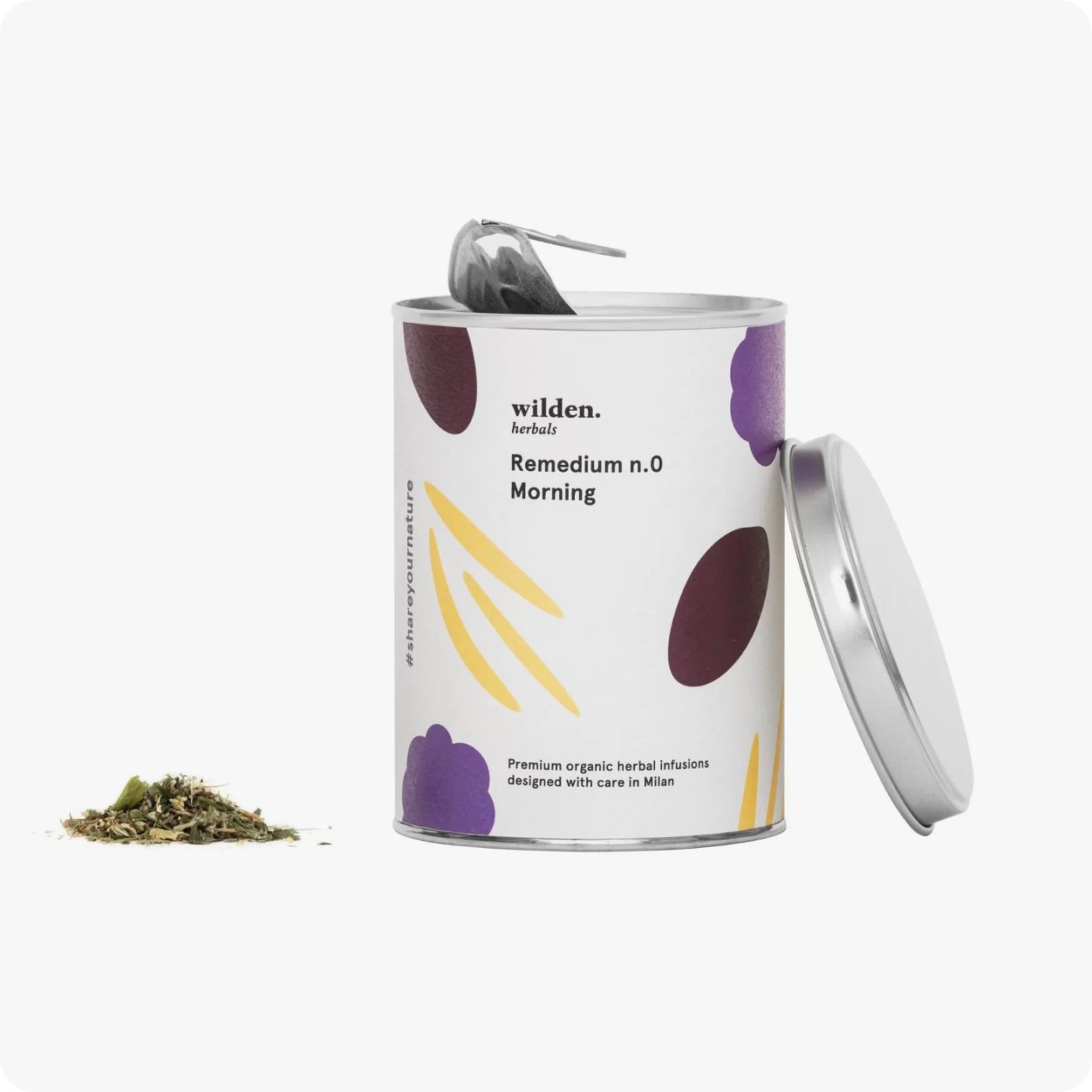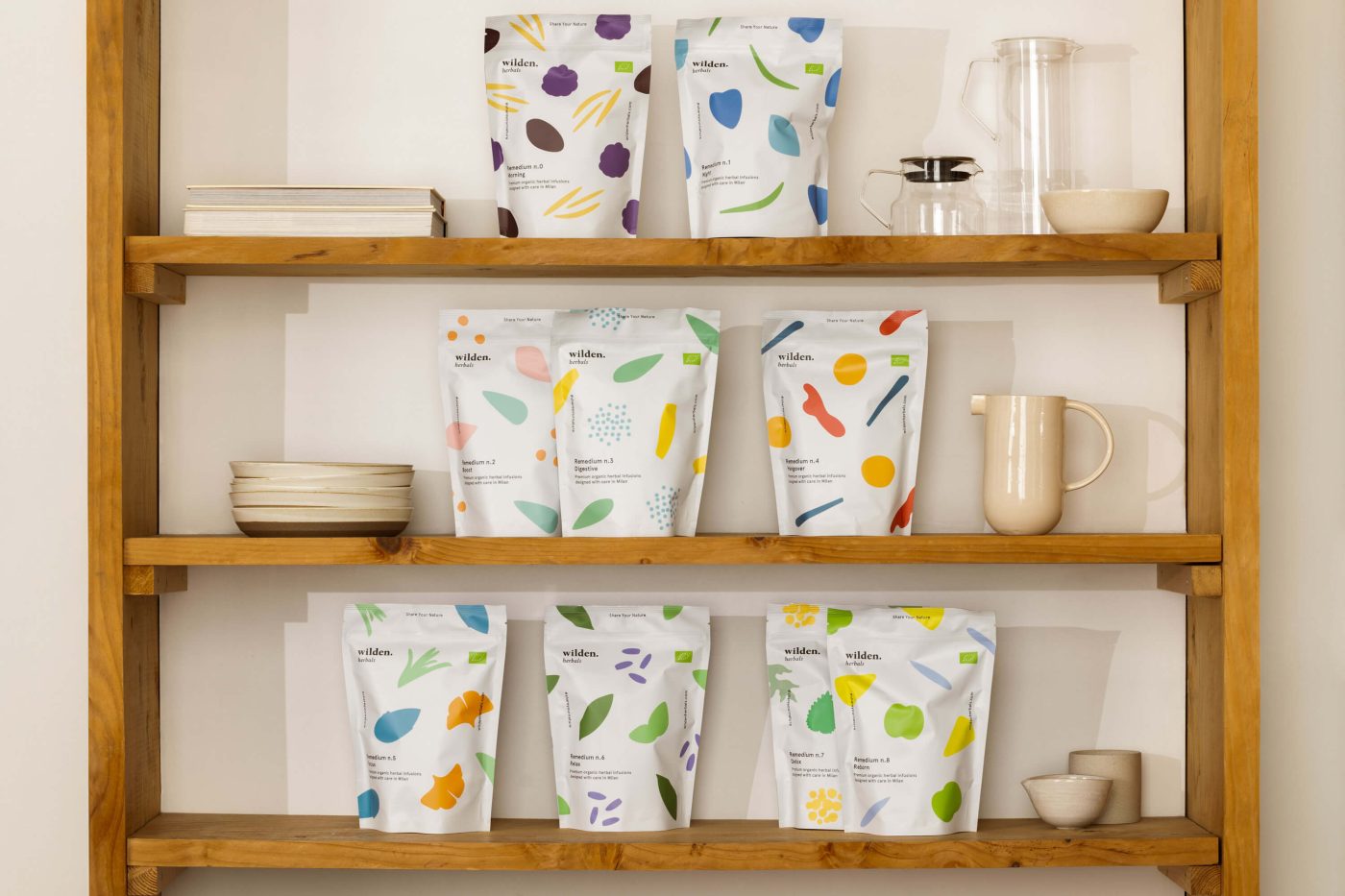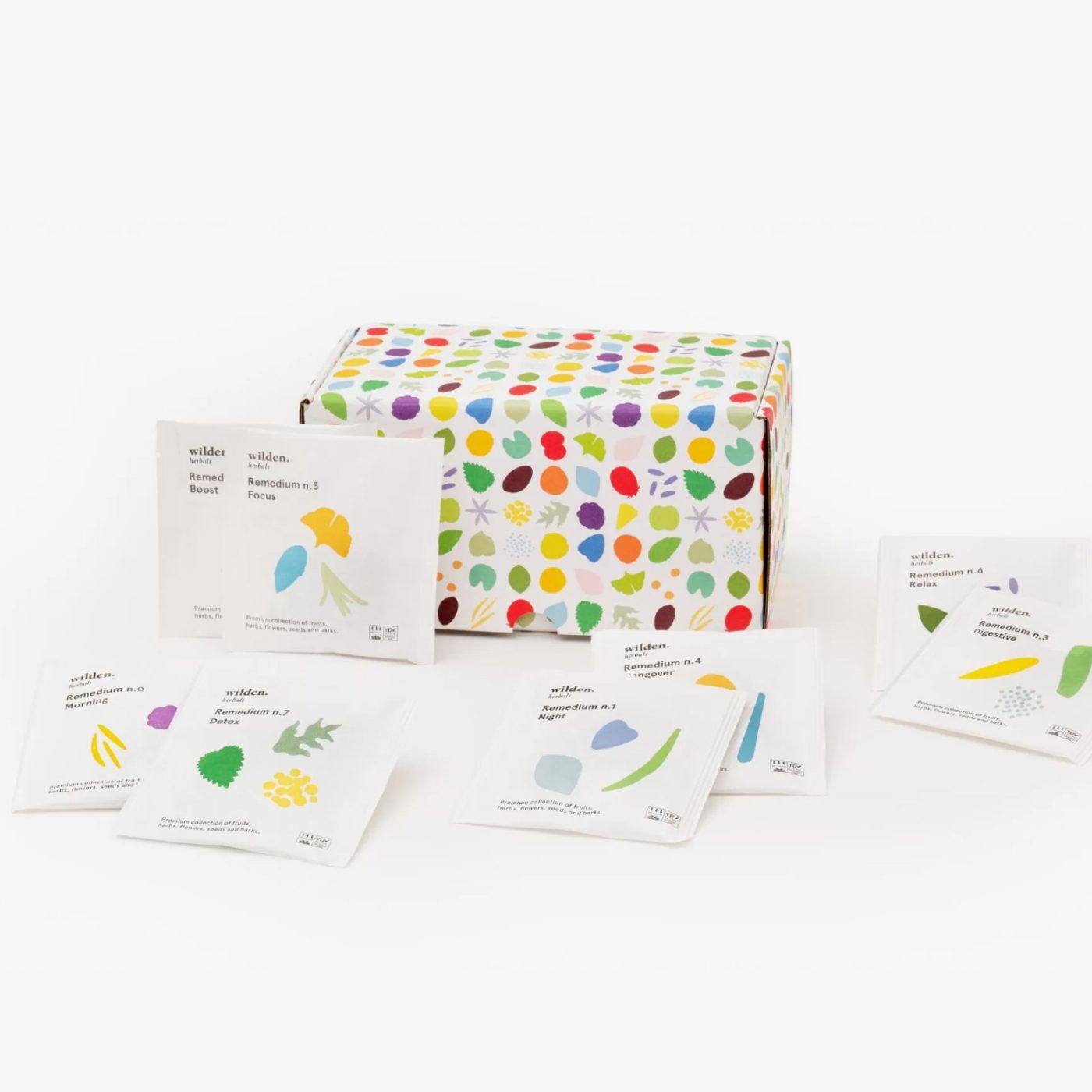Wilden.herbals meets / Interview with Aurora Zancanaro of LePolveri
We interview the founder of the microbakery that in just 50 square meters is making the bread revolution in the heart of Milan
LePowders and Wilden.herbals: two kindred spirits, two products born from ancient traditions and reinvented in their own way. Our paths have crossed over and over again. We cultivated and nurtured this relationship as if it were mother yeast, always keeping in touch and making tasty collaborations.
Se frequenti questo blog fin dai suoi albori ricorderai infatti che tra le nostre primissime ricette abbiamo proposto due collaborazioni ideate insieme ad Aurora: il pane all’Hangover e i biscotti di tisana. E da allora non abbiamo mai smesso di confrontarci e continuare a sperimentare insieme, come è successo anche al nostro evento presso Fusillo Lab. In questa occasione Aurora era parte del nostro ricchissimo menù con i suoi biscotti alla tisana Morning.
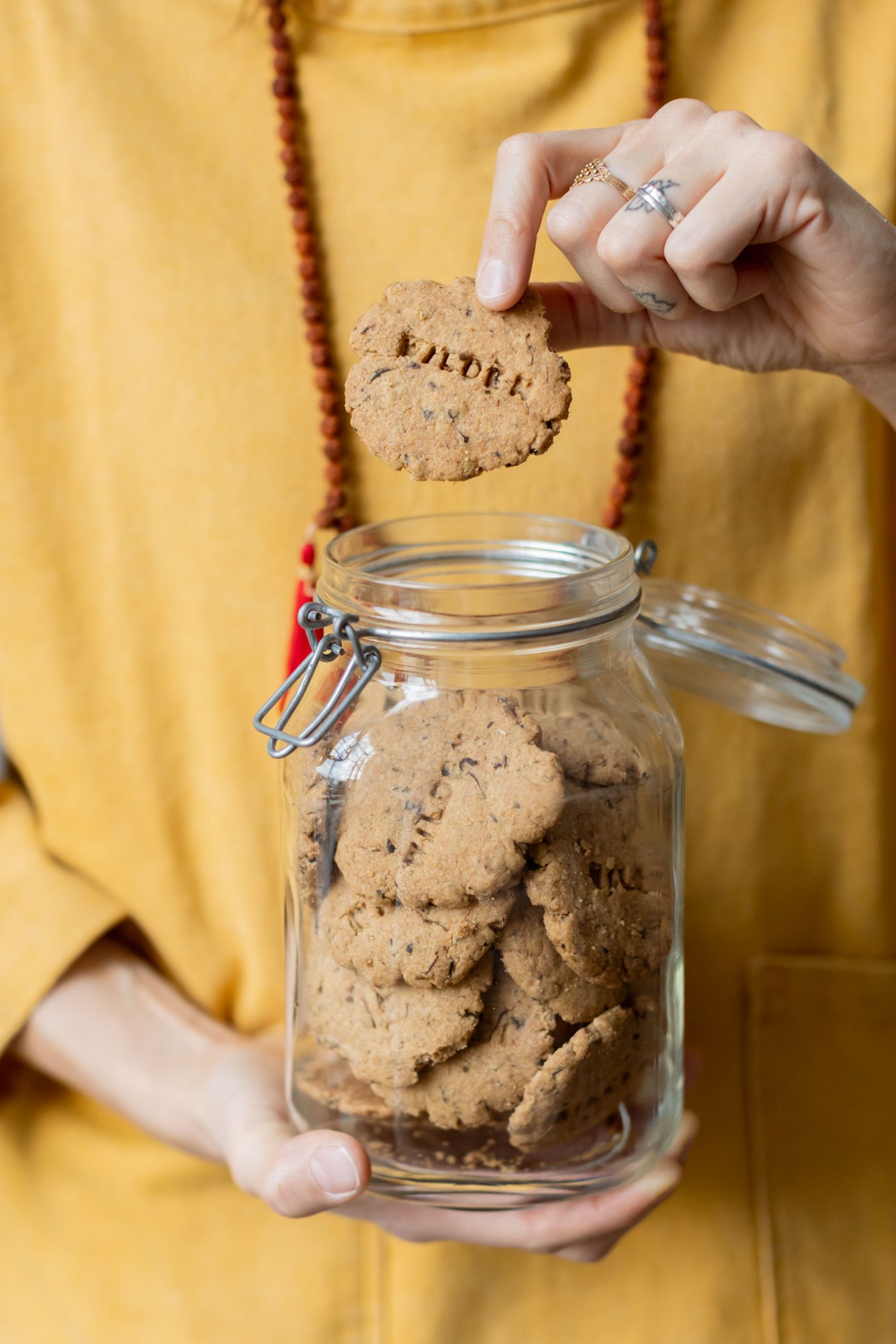
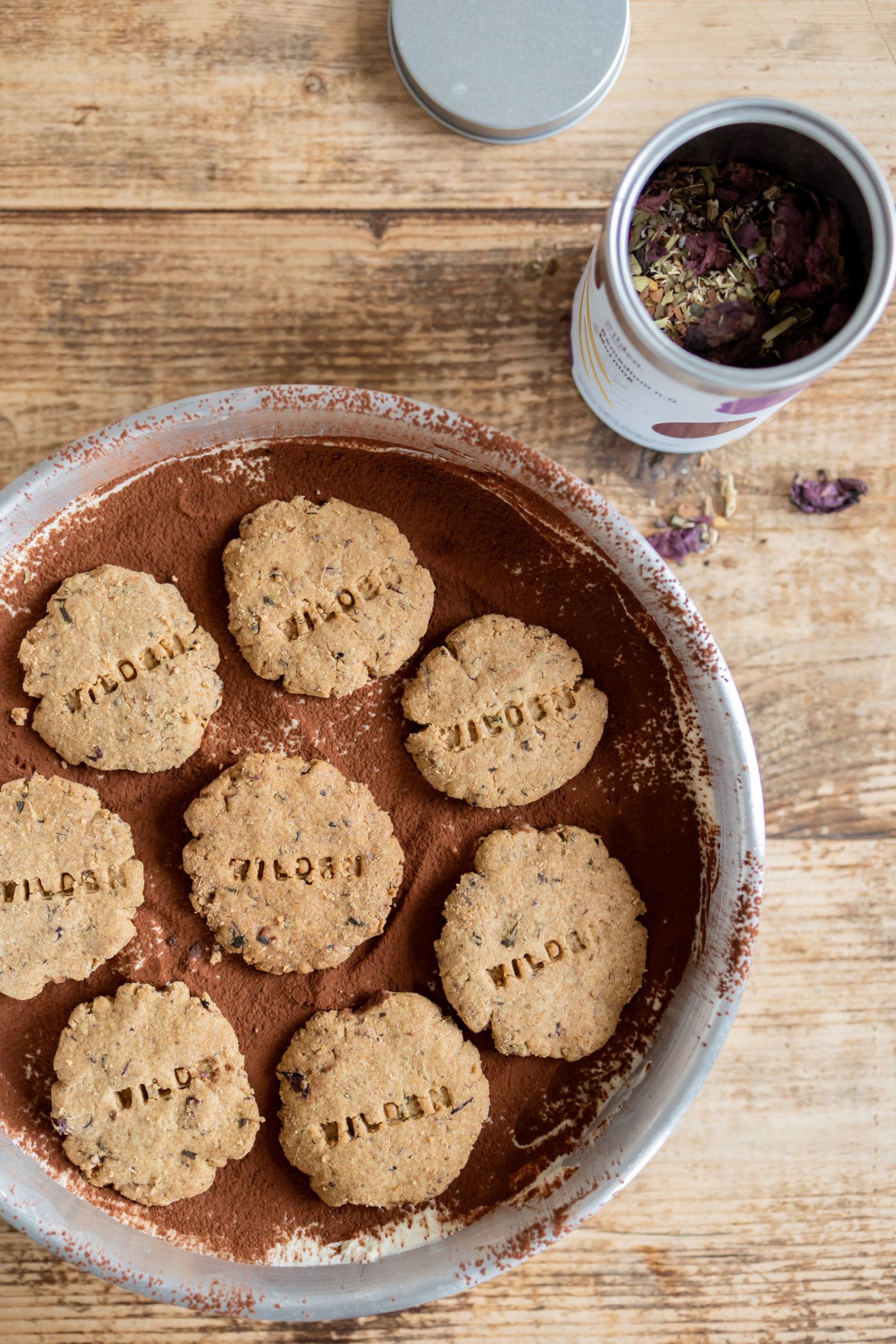
We interviewed Aurora to let her tell us more about her personal story and that of her workshop just a stone’s throw from the basilica of St. Ambrose, which in a very few years has become a veritable place of worship.
Tell us about your background and education
Born and raised in Treviso, I graduated in industrial chemistry in 2010 in Venice, where I then went on to do a few years of research as a research fellow. In 2014 I decided not to continue and to take a break. I took my first course on baking, which was followed by my second, until I landed in Milan with a job in a bakery. It was during the Expo era and was located inside the Porta Genova metropolitan market. Then many other things happened to me: meeting Longoni, London, another job in a mill, and then I came to the conclusion that it was time to open my own place, LePolveri, which I founded in 2017. Initially all by myself.
How did the project The Powders come about?
LePolveri was born out of a desire to challenge myself, searching for a bread that was my own, figuring out what I had liked about previous experiences, what I didn’t want to reintroduce, and what I wanted to be new stimulus for research.
A curiosity about the name: it is a play on linking chemical reagents that are often in powder form to flours, the only powders that can “react” by turning first into dough and then into bread.
How do you choose your raw materials?
We do a lot of research. First of all on the quality of the product, its specificity of use, and the workability we could achieve. I would like to emphasize that we try to have direct relationships with those who produce individual products. For us, establishing a relationship of trust is crucial, whether it is a grower, a miller, a farmer or a commodity retailer. Whenever possible we go to meet in person, even to visit the places or fields where they are grown. We decided to have very few non-EU products, and almost all of our raw materials are organic.
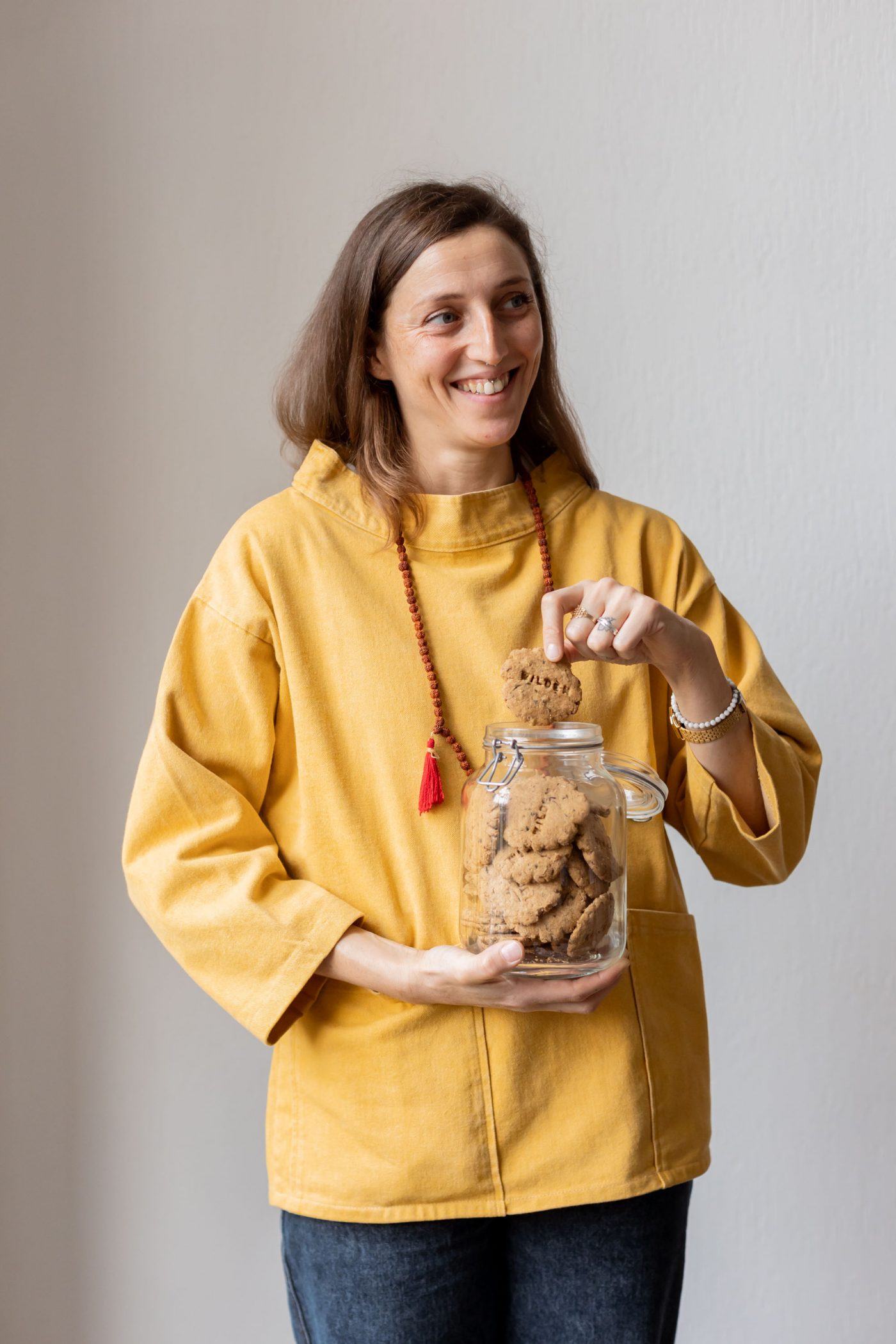
How did the collaboration with Wilden come about and what is the point of connection between the two?
We have been collaborating with Wilden since a magical time that marks the beginning for both us and them. I think what binds us is a specific concept of “research”: we put a lot of care into choosing flavors, rediscovering products with a very old history that have a thousand different facets. And then we share an underlying culture of food not only as a stomach filler but as a nourishing element and food for body and mind.
Healthy and wild is the motto of wilden.herbals. What does it mean to you?
In Milan, playing the “wild” part of the motto is a bit difficult, except perhaps for the daily thrills that the traffic jungle gives us cyclists. For me, it means being able to feel my body, to use it for a hike in the mountains, to feel it breathe in cold, clean air, to soak naked in a stream amidst rocks and be mesmerized by the roar of the water and the beauty of the vivid colors, to drink that water so close to the spring and be an undivided whole, in the peace and rhythm of things.

